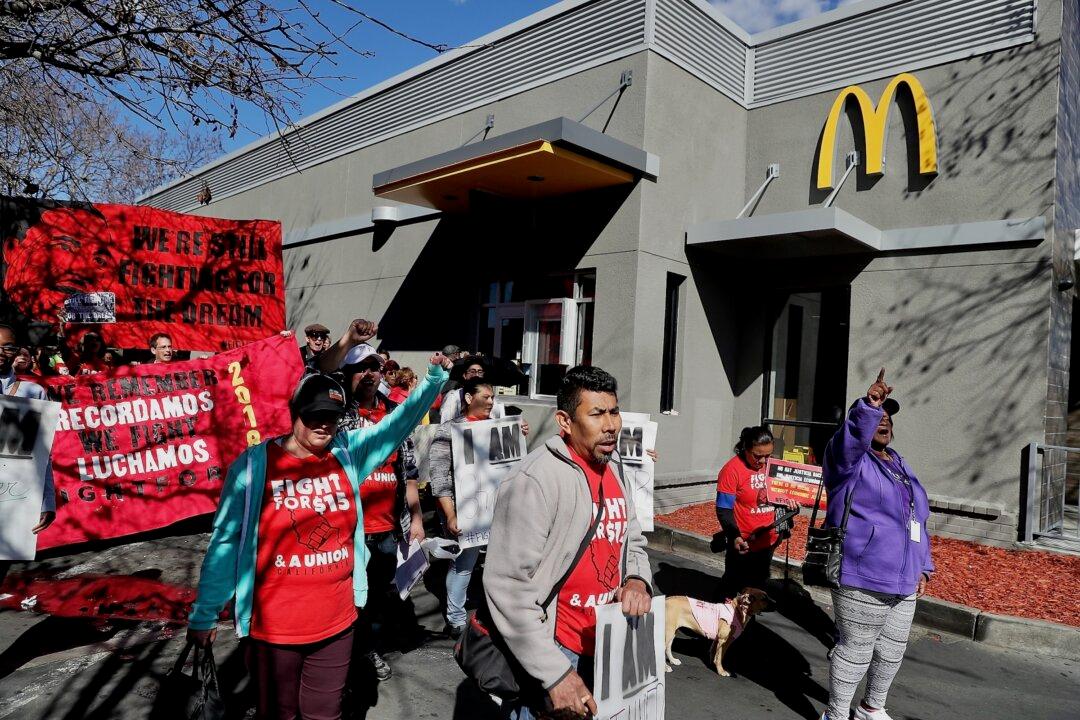The Michigan Supreme Court dismissed an effort to put up a ballot question for the November elections which sought people’s views on raising the hourly state minimum wage to $15.
In 2022, the Michigan Board of State Canvassers approved a summary of a petition pushed forward by an activist group Raise the Wage MI that wanted to increase the minimum wage in the state to $12 per hour in 2024, which then rises annually to $15 per hour in 2027. Based on this approval, the group canvassed for signatures and later approached the board for further approval of the petition so it could be put before voters on the November 2024 ballot.





